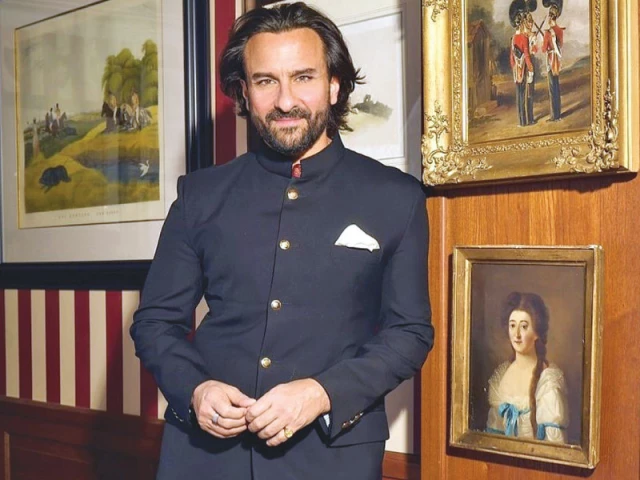In a stunning twist to one of India’s longest-running royal inheritance battles, the Madhya Pradesh High Court has overturned a 25-year-old ruling that had recognized Bollywood actor Saif Ali Khan and his family as rightful heirs to the vast estate of the erstwhile Nawab of Bhopal. The court has now ordered a fresh trial, reigniting a complex family feud with roots stretching back to Partition and beyond.
The ruling means that Saif, his sisters, and their mother Sharmila Tagore can no longer lay claim to the sprawling Bhopal properties—at least for now. The court has instructed that all parties be heard afresh and the matter resolved within a year.
At the center of the legal drama is the legacy of Hamidullah Khan, the last ruling Nawab of Bhopal and Saif’s great-grandfather. The disputed inheritance includes thousands of acres and landmark properties like the Noorus Sabah Palace Hotel, Flag Staff House, Darus Salam, and Ahmedabad Palace.
The ‘enemy property’ question
The controversy intensified in 2014 when the Enemy Property Department began investigating how the Pataudi family had acquired the estate. The trigger? A complaint suggesting the inheritance should fall under the Enemy Property Act, which allows the government to seize properties owned by those who moved to Pakistan after Partition.
Saif Ali Khan had fought back against that inquiry, but now the case has taken a different turn—centered on succession legitimacy.
A contested succession
The High Court’s latest ruling follows a petition filed in 2000 by other royal family members. They challenged a previous court’s recognition of Saif’s grandmother, Sajida Sultan, as the sole heir. They argued that Abida Sultan, the Nawab’s eldest daughter, should have inherited the estate. But there was a catch—Abida had migrated to Pakistan in 1950, which could have classified the estate as “enemy property.”
Eventually, Sajida, who had stayed in India and was married to Nawab Iftikhar Ali Khan Pataudi, was declared heir—allegedly aided by her husband’s friendship with then-Prime Minister Jawaharlal Nehru. That decision held for decades, until now.
Royal rifts and revoked rulings
The first signs of discord appeared in the 1970s when the government abolished royal titles and allowances. The Nawab’s third daughter, Rabiya Sultan, and his senior wife, Maimoona Sultan, filed suit seeking a fair division of the assets under Muslim Personal Law.
More legal challenges followed, including from relatives of Nawab Obaidullah Khan, Hamidullah’s elder brother. All these disputes were settled by a 2000 trial court ruling in favor of Sajida Sultan—based on the now-overturned State of Rampur case, which had once upheld sole inheritance for royal successors.
That precedent no longer holds, and according to senior advocate Jagdish Chavan, who once represented Saif’s father Mansoor Ali Khan, the legal foundation of that 2000 decision has collapsed.
What’s next for Saif?
“The High Court has reopened everything,” said Chavan. “Now, Saif and his family are not automatic heirs. The court will decide how much, if anything, they are entitled to.” Based on current legal interpretations, Chavan estimates Saif might only receive “2 to 3%” of the estate.
With this ruling, the glitz of Bollywood royalty clashes with the murky realities of post-Partition property laws and intergenerational family tensions. The battle over Bhopal’s royal legacy is far from over—and Saif Ali Khan may find himself with far less than he once believed.




